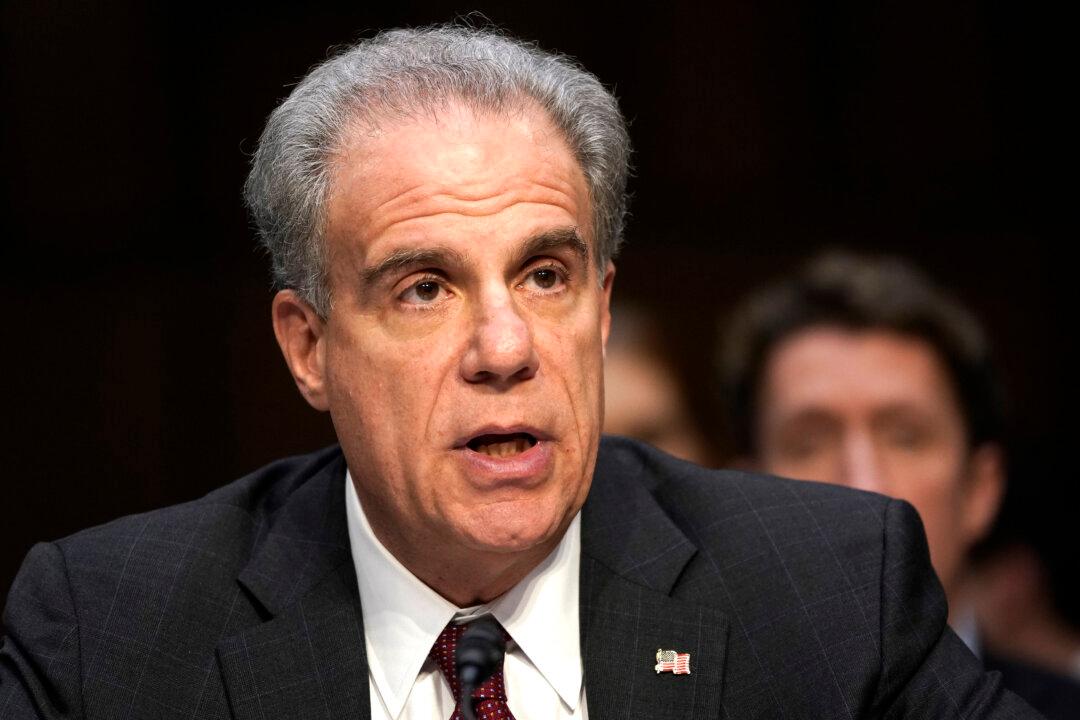Commentary
For years, the mainstream media has complained loudly about smaller news outlets they consider “fringe,” who have been stealing their audience by offering what they have snidely referred to as “alternative facts.”

For years, the mainstream media has complained loudly about smaller news outlets they consider “fringe,” who have been stealing their audience by offering what they have snidely referred to as “alternative facts.”